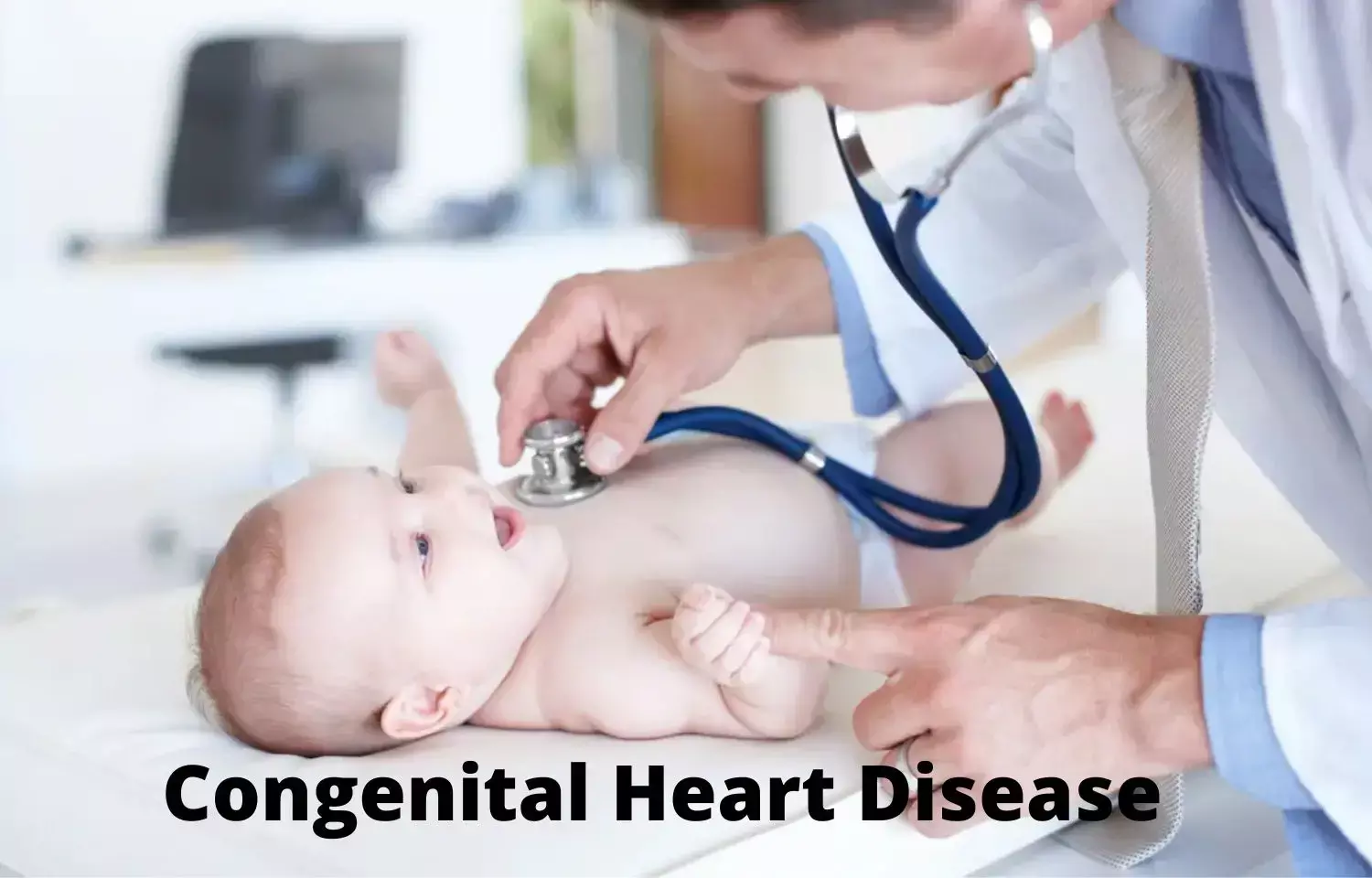- Home
- Medical news & Guidelines
- Anesthesiology
- Cardiology and CTVS
- Critical Care
- Dentistry
- Dermatology
- Diabetes and Endocrinology
- ENT
- Gastroenterology
- Medicine
- Nephrology
- Neurology
- Obstretics-Gynaecology
- Oncology
- Ophthalmology
- Orthopaedics
- Pediatrics-Neonatology
- Psychiatry
- Pulmonology
- Radiology
- Surgery
- Urology
- Laboratory Medicine
- Diet
- Nursing
- Paramedical
- Physiotherapy
- Health news
- Fact Check
- Bone Health Fact Check
- Brain Health Fact Check
- Cancer Related Fact Check
- Child Care Fact Check
- Dental and oral health fact check
- Diabetes and metabolic health fact check
- Diet and Nutrition Fact Check
- Eye and ENT Care Fact Check
- Fitness fact check
- Gut health fact check
- Heart health fact check
- Kidney health fact check
- Medical education fact check
- Men's health fact check
- Respiratory fact check
- Skin and hair care fact check
- Vaccine and Immunization fact check
- Women's health fact check
- AYUSH
- State News
- Andaman and Nicobar Islands
- Andhra Pradesh
- Arunachal Pradesh
- Assam
- Bihar
- Chandigarh
- Chattisgarh
- Dadra and Nagar Haveli
- Daman and Diu
- Delhi
- Goa
- Gujarat
- Haryana
- Himachal Pradesh
- Jammu & Kashmir
- Jharkhand
- Karnataka
- Kerala
- Ladakh
- Lakshadweep
- Madhya Pradesh
- Maharashtra
- Manipur
- Meghalaya
- Mizoram
- Nagaland
- Odisha
- Puducherry
- Punjab
- Rajasthan
- Sikkim
- Tamil Nadu
- Telangana
- Tripura
- Uttar Pradesh
- Uttrakhand
- West Bengal
- Medical Education
- Industry
Propofol provides greater anti-oxidant effect in congenital cardiac surgery

The term "systemic inflammatory response syndrome" (SIRS) refers to a nonspecific systemic inflammatory process that is identified by clinical criteria. Because the patient's blood hits the non-biocompatible circuit, there is ischemia-reperfusion injury (IRI) and endothelial cell activation during cardiac surgery with cardiopulmonary bypass (CPB). Recent research suggests that sevoflurane's cytoprotective impact in several organs after cardiac surgery is linked to the reduction of inflammatory cytokines. 6 Similarly, propofol reduces inflammatory cytokine production and has an antioxidant impact on the myocardium through lowering IRI. In a recent study, researchers examined the anti-inflammatory and anti-oxidant effects of propofol and sevoflurane in children with CCHD who were having heart surgery with CPB.
Children aged 1 to 10 years were enrolled in this prospective, randomized, double-blind trial. Children were randomly assigned to either sevoflurane (group S) or propofol (group P) general anesthesia (group P). The incidence of SIRS was evaluated at the conclusion of the surgery as well as at the 6th, 12th, and 24th postoperative hours. Blood samples were taken four times: after anesthetic induction (T0), after the aortic cross clamp was released (T1), at the conclusion of the surgery (T2), and at the postoperative 24th hour (T3). The blood levels of interleukin 6 (IL-6) and tumor necrosis factor alpha (TNF-), as well as the total antioxidant and oxidant status (TAS) were measured. At all occasions, SIRS was more prevalent in group S than in group P (p=0.020, p=0.036, p=0.004, p=0.008). There was no significant difference between the groups in the mean TNF-α and IL-6 levels at any time. The TAS level at T2 was higher in group P than group S (p=0.036). The serum TAS level increased at T2 compared with T0 in group P, but it decreased in group S (p=0.041).
According to research, propofol reduced SIRS and oxidative stress more effectively than sevoflurane did in children with CCHD having cardiac surgery with CPB. Sevoflurane and propofol, however, were equivalent in terms of clinical outcomes and serum IL-6 and TNF- concentrations. Similar to endogenous antioxidant vitamin E and other phenol-based antioxidants, propofol has a chemical structure. Its antioxidant effects, which are unrelated to ischemia preconditioning, include scavenging free radicals, boosting tissue antioxidant capacity, and inhibiting plasma membrane calcium channels. So it stands to reason that in children with CCHD, propofol would probably have a greater antioxidant impact than sevoflurane. The study was unable to show a difference in clinical outcomes across the study groups, though. Therefore, extensive and focused research is required to show how anesthetic drugs affect children with CCHD clinically.
Reference –
Karacaer, Feride, et al. "The Anti-Inflammatory and Anti-Oxidant Effects of Propofol and Sevoflurane in Children with Cyanotic Congenital Heart Disease." Journal of Cardiothoracic and Vascular Anesthesia, 2022, https://doi.org10.1053/j.jvca.2022.09.094
MBBS, MD (Anaesthesiology), FNB (Cardiac Anaesthesiology)
Dr Monish Raut is a practicing Cardiac Anesthesiologist. He completed his MBBS at Government Medical College, Nagpur, and pursued his MD in Anesthesiology at BJ Medical College, Pune. Further specializing in Cardiac Anesthesiology, Dr Raut earned his FNB in Cardiac Anesthesiology from Sir Ganga Ram Hospital, Delhi.
Dr Kamal Kant Kohli-MBBS, DTCD- a chest specialist with more than 30 years of practice and a flair for writing clinical articles, Dr Kamal Kant Kohli joined Medical Dialogues as a Chief Editor of Medical News. Besides writing articles, as an editor, he proofreads and verifies all the medical content published on Medical Dialogues including those coming from journals, studies,medical conferences,guidelines etc. Email: drkohli@medicaldialogues.in. Contact no. 011-43720751


